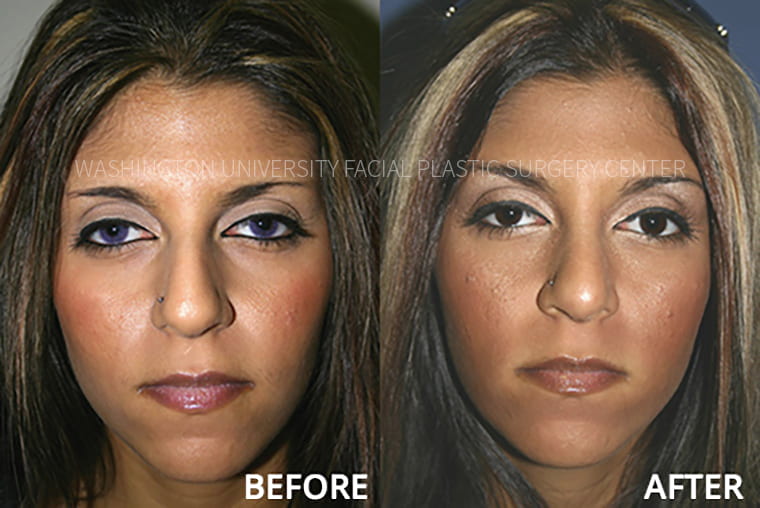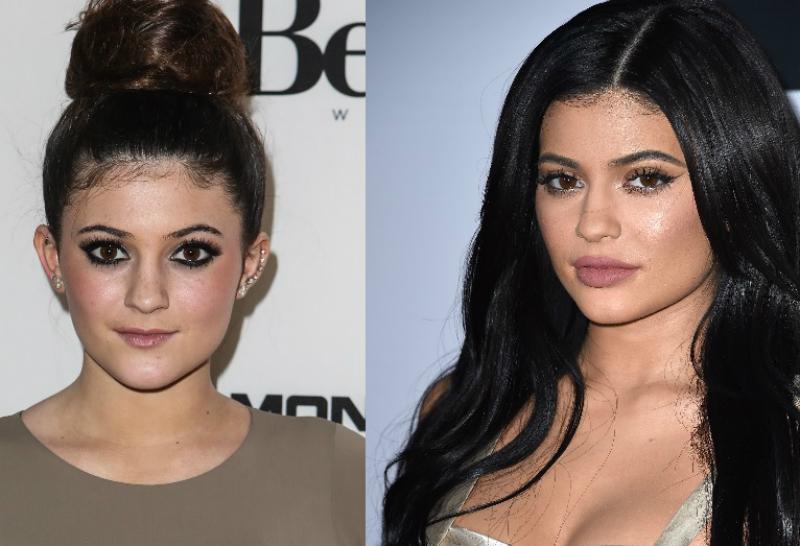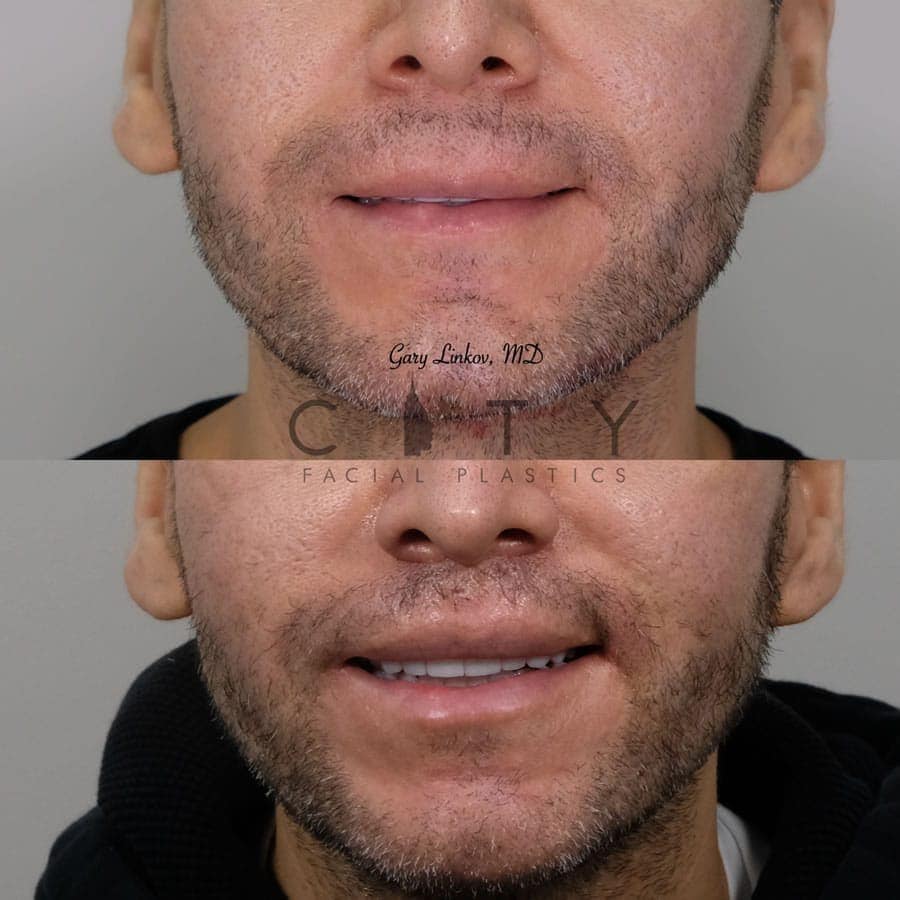A Deep Study the Typical Justifications for Seeking Plastic Surgery: Unboxing the Wish for Change and Self-Improvement
The motivations behind the search of plastic surgery expand past plain aesthetic improvement, showing a nuanced interplay of societal expectations, individual goals, and mental aspects. As people significantly look for to straighten themselves with dominating elegance requirements, it becomes vital to take a look at the underlying factors that compel them to make such substantial modifications. The influence of media representations and personal stories can not be neglected, as they shape perceptions and needs in extensive methods. This evaluation motivates important questions about the moral implications and future trajectories of cosmetic procedures, inviting more exploration into the intricacies of self-improvement and identification.
Societal Stress and Charm Requirements

The effect of these beauty suitables can be extensive, instilling a sense of insufficiency in those who do not adhere. As an outcome, many might seek plastic surgery as a way of straightening their look with these social expectations. mommy makeover bellevue. This need for consistency can stem from a vast array of motivations, consisting of the desire for enhanced social status, improved charming leads, or boosted specialist possibilities
Furthermore, these stress are not limited to details demographics; they impact individuals across numerous ages, sexes, and histories, highlighting the prevalent nature of beauty criteria. This widespread influence increases vital concerns regarding the principles of cosmetic surgery and the implications of societal requirements on specific selections. Ultimately, comprehending these stress is important for cultivating a much more inclusive meaning of appeal that commemorates variety.
Individual Experiences and Transformative Stories
Several people that go through cosmetic surgery record transformative experiences that prolong beyond simple physical modifications. For numerous, these treatments work as a driver for improved self-worth and a restored sense of identity. Clients frequently explain feeling freed from enduring instabilities, causing raised self-confidence in both individual and professional realms.
Take, for example, the story of a young woman that underwent boob job after years of feeling awkward about her appearance. Post-surgery, she reported not only a newly found comfort in her body but additionally a substantial improvement in her social life and profession possibilities. Similarly, a middle-aged male that picked to go through a renovation shared how the treatment renewed his outlook on life, prompting him to pursue brand-new rate of interests and relationships.
These personal stories underscore the profound impact plastic surgery can carry people' lives. As they accept their transformed selves, numerous locate empowerment in their choices, frequently utilizing their experiences to motivate others pondering similar journeys. Ultimately, these transformative stories highlight the multifaceted factors individuals look for cosmetic surgical procedure, intertwining personal growth with the quest of visual enhancement.
Emotional Factors Behind Aesthetic Surgical Procedure
Numerous mental aspects contribute to the decision to undergo plastic surgery, reflecting deeper emotional and mental health and wellness considerations. Individuals usually pursue medical improvements as a method to address feelings of inadequacy, low self-esteem, or discontentment with their appearance. These psychological inspirations can be rooted in previous experiences, social contrasts, or individual goals.
Body picture distortion is a prevalent problem, where individuals regard their physical features in an exaggeratedly adverse light. This distortion Going Here can bring about compulsive thoughts about perceived flaws, motivating the wish for medical modification as a service - mommy makeover bellevue. Additionally, the search of excellence and social pressures can amplify these sensations, pressing individuals towards aesthetic procedures in hopes of achieving an idyllic version of themselves
Furthermore, the concept of self-improvement plays a critical function. Many people see cosmetic surgical procedure as a pathway to enhance their lifestyle, believing that improved appearance will cause boosted social acceptance, far better connections, or boosted occupation chances. Ultimately, the mental factors behind plastic surgery emphasize the complex interaction in between private self-perception and external influences, disclosing the diverse nature of the desire for modification.

The Function of Media in Assumption
In today's culture, media plays an essential function in shaping understandings of charm and self-regard. Via different platforms-- social media sites, television, and marketing-- idyllic requirements of beauty are commonly disseminated, affecting individual desires and self-image. These representations regularly emphasize slim definitions of attractiveness, mainly including youthful, slim, and electronically boosted images, which can produce impractical benchmarks for people striving to adapt.
The impact of media is more intensified by the prevalent nature of social networks, where users are pounded with curated web content that highlights aesthetic enhancements, endorsing a culture of contrast. This continuous direct exposure can cause sensations of insufficiency among visitors, motivating them to take into consideration plastic surgery as a way of achieving the regarded suitable. Research shows that people who engage with these media representations are extra most likely to reveal dissatisfaction with their appearance, enhancing the desire for medical treatments.
Furthermore, the normalization of plastic surgery in media narratives can desensitize target markets, framing such procedures as commonplace and also essential for social acceptance. Thus, the media's portrayal of appeal not just affects private options regarding plastic surgery but additionally contributes to a wider societal discussion concerning self-worth and identity.
Future patterns and moral factors to consider
Amid the expanding appeal of cosmetic surgical treatment, honest considerations surrounding the technique have actually become significantly popular. As the demand for procedures increases, so too do issues concerning educated permission, the mental motivations of individuals, and the possibility for exploitation by doctors. It is essential for experts to ensure that people check fully understand the dangers and benefits, as well as the implications of their selections, to promote a liable strategy to cosmetic improvements.
Furthermore, the influence of social media sites and appeal criteria questions about the influence on psychological wellness, particularly among vulnerable populations. As understanding of body picture issues expands, ethical practice demands a cautious assessment of the inspirations behind surgical treatments. Specialists must stabilize patient wishes with ethical obligation, guaranteeing that choices are rooted Check This Out in authentic self-improvement instead of social pressures.

Verdict
In final thought, the quest of cosmetic surgery is influenced by an assemblage of societal stress, individual experiences, and mental factors. As moral factors to consider develop, future patterns in cosmetic surgical procedure will likely show continuous societal dialogues surrounding self-improvement and individual identification.
Often, societal stress and dominating elegance requirements play a substantial role in people' choices to pursue cosmetic surgery. Eventually, these transformative stories highlight the multifaceted factors people seek cosmetic surgical procedure, linking individual development with the pursuit of visual improvement.
Several people view cosmetic surgery as a pathway to improve their quality of life, believing that improved look will lead to enhanced social approval, much better relationships, or enhanced career possibilities. Inevitably, the mental elements behind cosmetic surgery emphasize the intricate interplay between specific self-perception and exterior influences, exposing the complex nature of the desire for change.
As moral factors to consider evolve, future patterns in cosmetic surgical treatment will likely show ongoing social dialogues bordering self-improvement and specific identity.